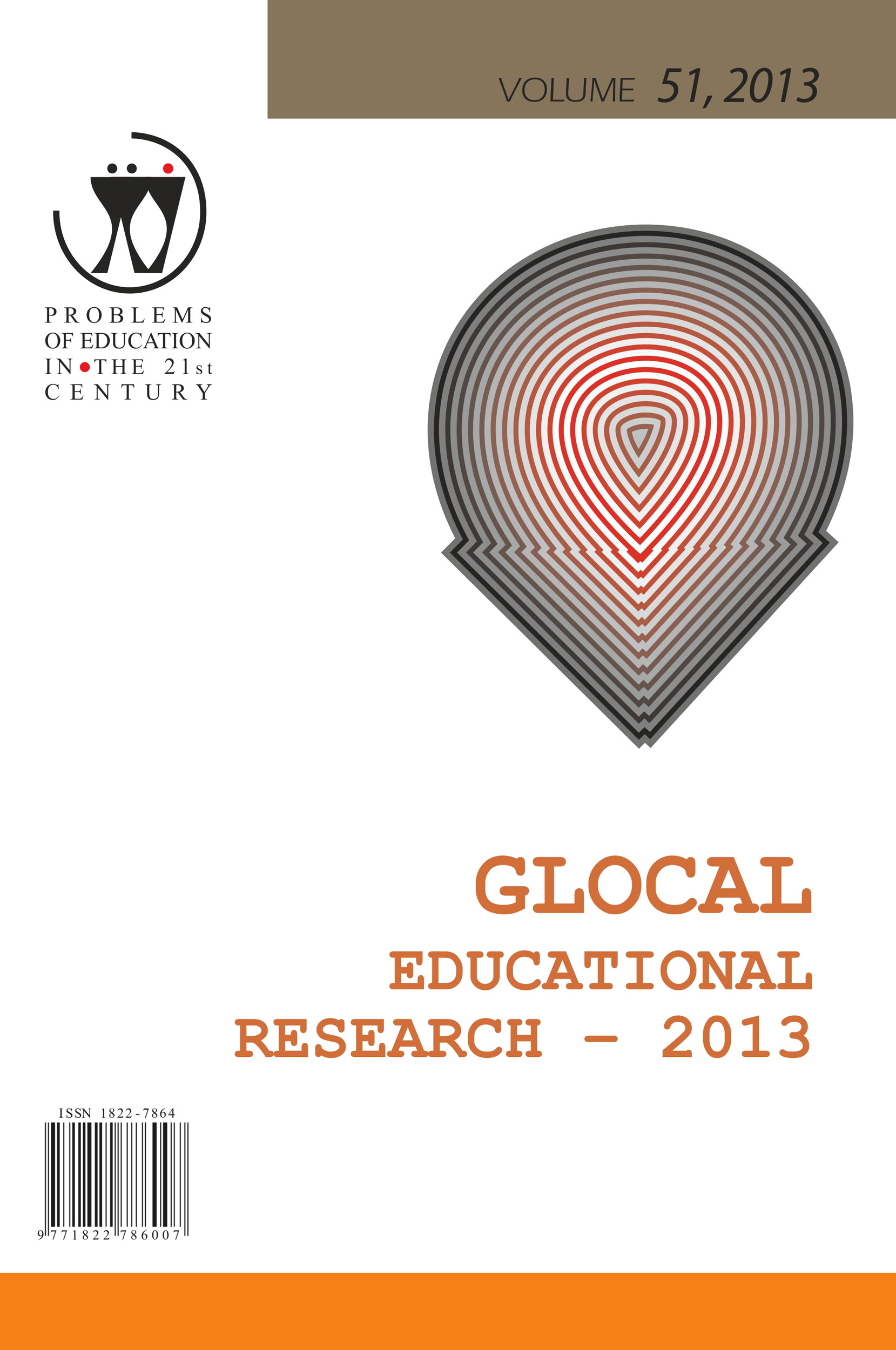CHALLENGES IN EVALUATING THE LEARNING EXPERIENCE WITH NOVEL TECHNOLOGIES
CHALLENGES IN EVALUATING THE LEARNING EXPERIENCE WITH NOVEL TECHNOLOGIES
Author(s): Costin PribeanuSubject(s): Social Sciences, Education, Distance learning / e-learning, Pedagogy
Published by: Scientia Socialis, UAB
Keywords: e-learning; Augmented reality; learning experience;
Summary/Abstract: The shift towards constructivism in e-learning creates new opportunities in the modern school and favors the introducing of novel technologies able to promote a learner-centered approach and increase the students’ motivation to learn. Augmented reality (AR) is such a novel technology that promotes a new learning experience by integrating real objects, familiar from the traditional class, into a computing environment. AR has many valuable features from both the teacher’s and learner’s perspective: 3D visualization of complex processes, animation, multimodal interaction with real objects (visual, auditory and haptic), and augmentation. In turn, these features create various learning affordances such as: spatial ability, support to memory cognitive processes, experiential learning, collaboration, and motivation (di Serio, Ibanez & Kloos, 2012). In general, novel technologies are expensive and the costs are not only related to the hardware and software platform. The implementation in the traditional school requires additional costs for maintenance, content development, and training. Therefore, the first key concern when evaluating such e-learning systems is to capture the added value brought in by the novel technology.
Journal: Problems of Education in the 21st Century
- Issue Year: 51/2013
- Issue No: 1
- Page Range: 5-6
- Page Count: 2
- Language: English

